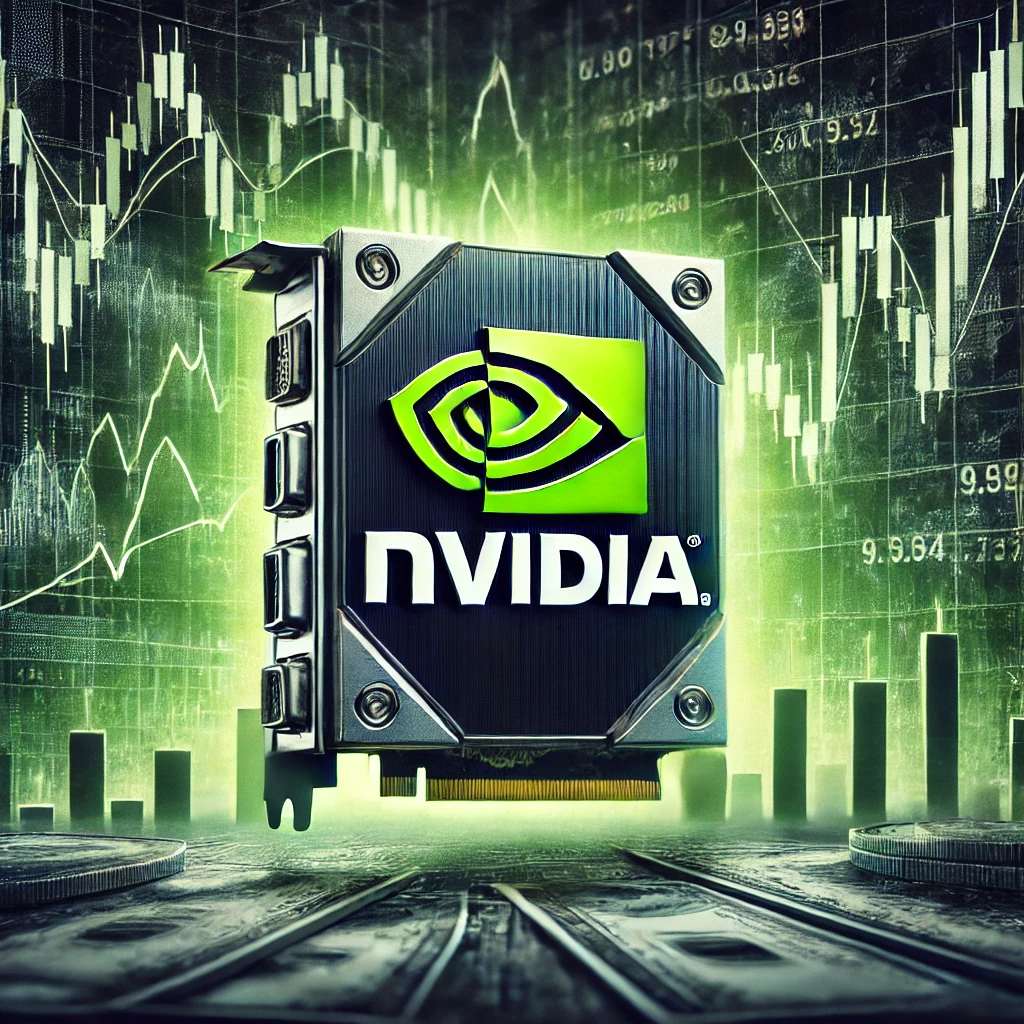Nvidia, a company often hailed as the torchbearer of artificial intelligence, recently reported its quarterly earnings, revealing a staggering 122% growth in revenue and a 152% increase in adjusted earnings per share. The company also announced a $50 billion stock buyback, showcasing its financial strength and commitment to returning value to shareholders.
However, despite these impressive figures, Nvidia’s stock faced a sharp decline in after-hours trading. This dip is a reflection of the immense pressure the company is under, given its outsized influence on the broader market. Jim Cramer, a well-known financial commentator, pointed out that Nvidia has grown so influential that it now serves as a fulcrum for the entire stock market. This prominence has led to sky-high expectations that are increasingly difficult to meet, resulting in what Cramer described as a “buzz kill quarter.”
The ripple effects of Nvidia’s earnings report were felt across the technology sector, with many other tech stocks experiencing declines. This reaction underscores the market’s heavy reliance on Nvidia as a proxy for the future of the S&P 500, a situation that Cramer believes has become an “albatross” around the market’s neck.
Nvidia’s current market position is a far cry from its status just 18 months ago when its market capitalization was around $500 billion. Today, it exceeds $3 trillion, making it one of the most valuable companies in the world. However, this rapid ascent has also made Nvidia a target for investors and analysts who are now scrutinizing its every move.
Cramer noted that the market’s reaction to Nvidia’s earnings is a clear sign that expectations had gotten out of hand. Despite the company’s strong financial performance, the stock’s decline suggests that investors were hoping for even more spectacular results, highlighting the dangers of excessive market expectations.
Breakup of Google: A Battle for the Future of the Internet
Looking forward, Cramer advises a more diversified investment strategy to mitigate the risks associated with over-reliance on a single stock, even one as strong as Nvidia. He emphasized the importance of having cash on hand and a diversified portfolio to weather the inevitable market fluctuations that come with investing in high-flying tech stocks.
As the market digests Nvidia’s latest earnings, it remains to be seen how the company will navigate the heightened scrutiny and expectations that come with its newfound prominence. One thing is clear: Nvidia’s influence on the market is profound, and its performance will continue to be closely watched by investors worldwide.






























